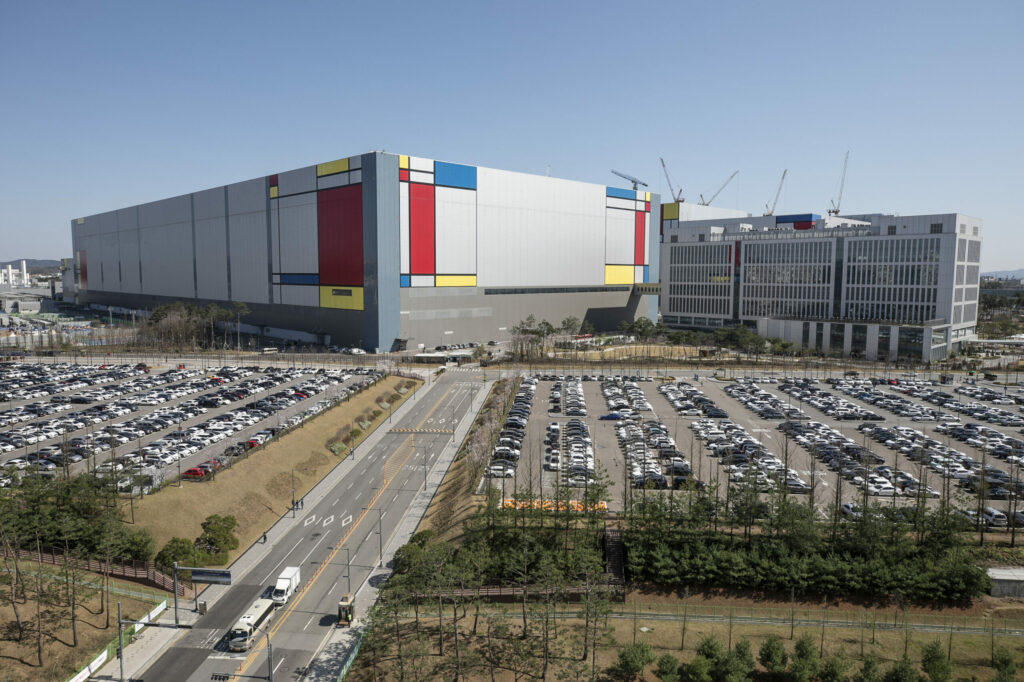Samsung will create 2,000 jobs in Texas with $17 billion chip factory

Announcing its largest ever investment in the United States, the South Korean electronics giant said Tuesday that the factory would create 2,000 high-tech jobs directly, and thousands more in the local economy once it is in full operation. The facility is expected to begin operations in the second half of 2024″With greater manufacturing capacity, we will be able to better serve the needs of our customers and contribute to the stability of the global semiconductor supply chain,” Kinam Kim, Vice Chairman and CEO of Samsung Electronics, said in a statement.The company said that it chose the city of Taylor in Texas for its new plant based on multiple factors, including its proximity to Samsung’s current manufacturing site in Austin, the local semiconductor ecosystem, and government support. The Taylor site will span more than 5 million square meters and is expected to serve as a key location for Samsung’s global semiconductor manufacturing capacity, along with its latest new production line in Pyeongtaek, South Korea.Samsung’s announcement comes at a time when the Biden administration has been pushing semiconductor production and research in the United States.Although the current worldwide shortage of computer chips is primarily driven by the impact of the pandemic, extreme weather events that have hampered production and other factors, the United States has been lagging behind other producers for years. Its share of worldwide semiconductor manufacturing dropped to just 12% last year, according to the Semiconductor Industry Association. That’s down from 37% in 1990. The trade group blamed “substantial” subsidies offered by foreign governments that place the United States at a “competitive disadvantage.”Asian countries, including Taiwan and South Korea dominate the industry. Samsung and other South Korean manufacturers are spending huge amounts of money to shore up their production in the decade ahead.In May, Samsung said that it would invest 38 trillion Korean won ($34 billion) on production of logic chips, the brains that power computers. That brings its total spend on the business to 171 trillion won ($151 billion) over the next decade, including commitments announced in 2019.The chipmaker also announced in May that it has begun construction of the production line in Pyeongtaek — one of the world’s largest hubs for semiconductor production — which it expects to complete in 2022.— Matt Egan and Diksha Madhok contributed to this report.







